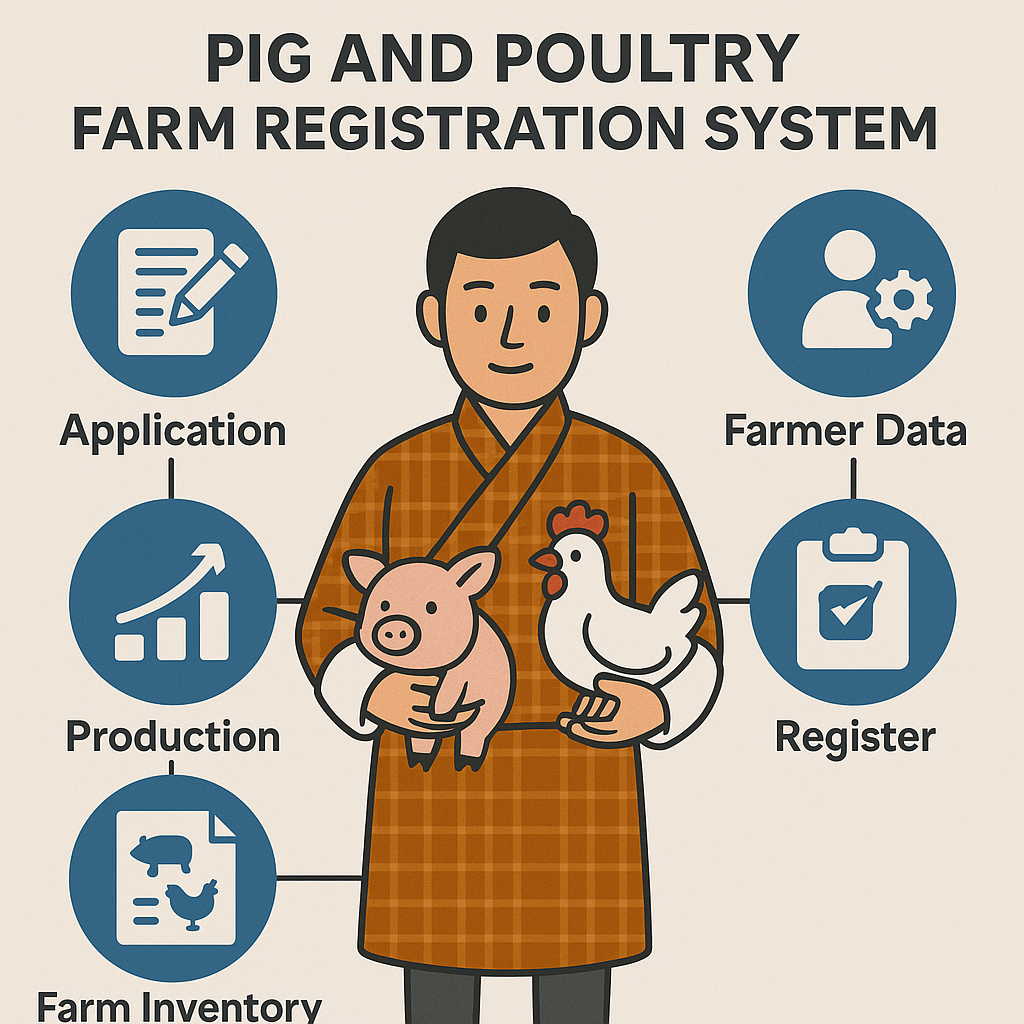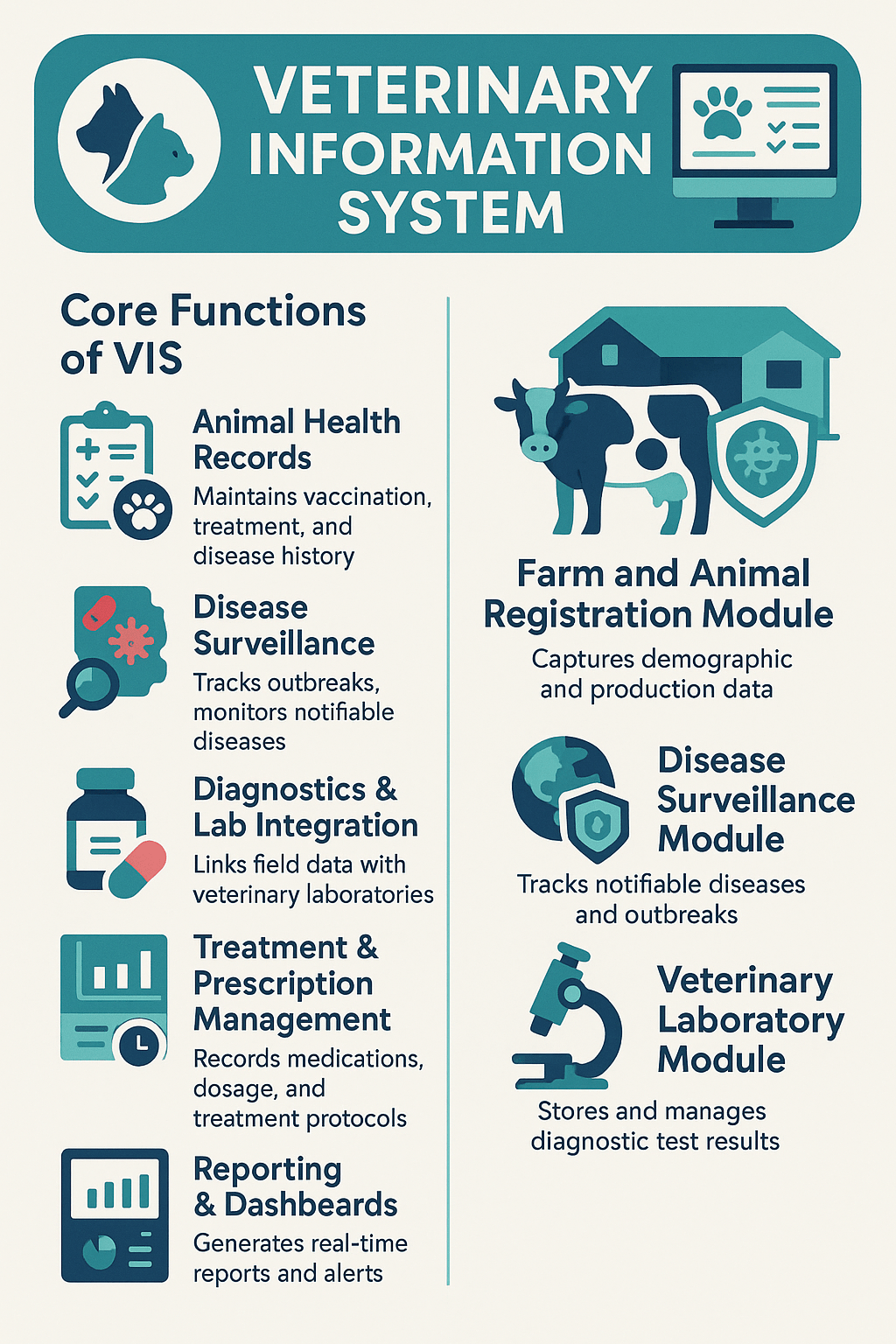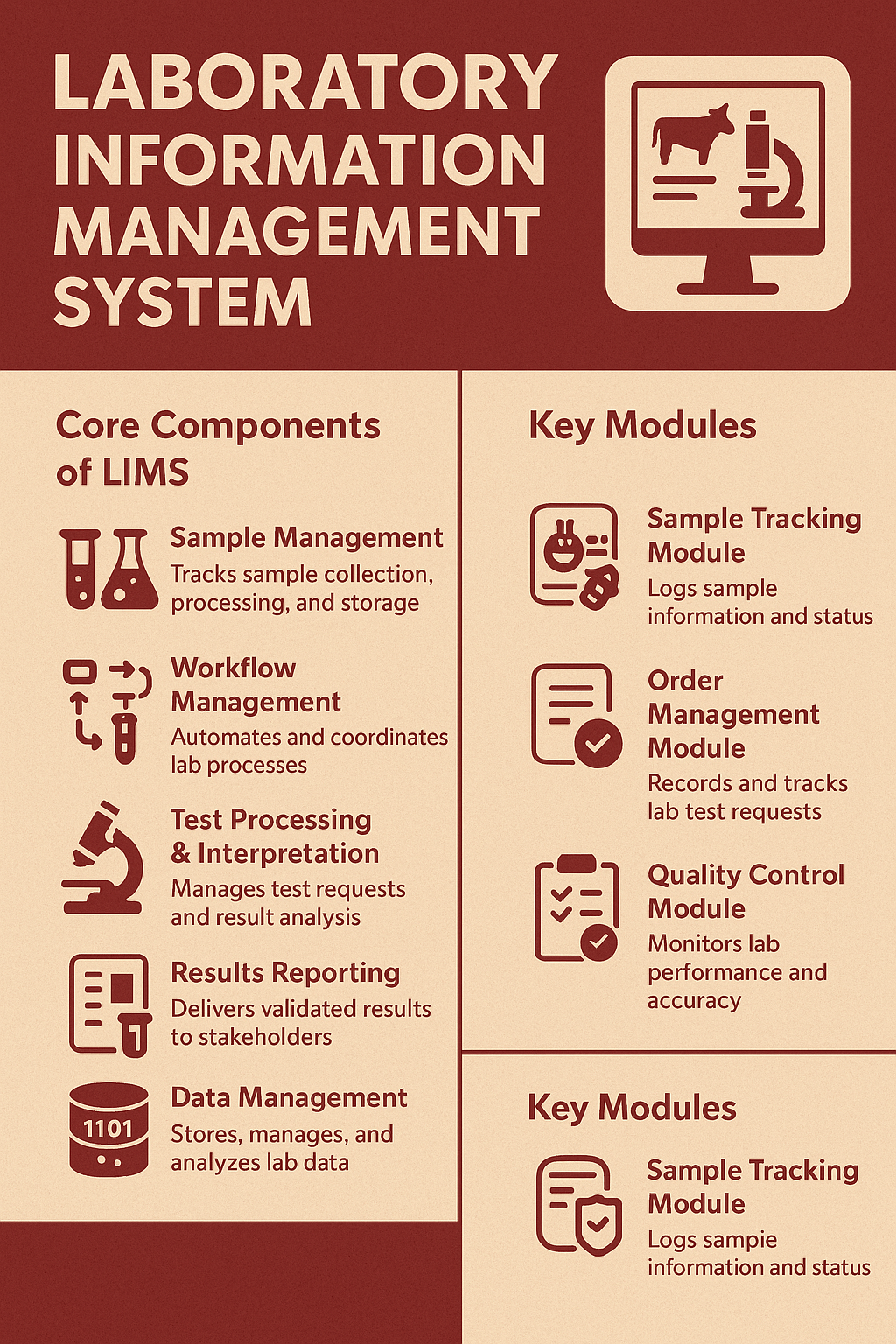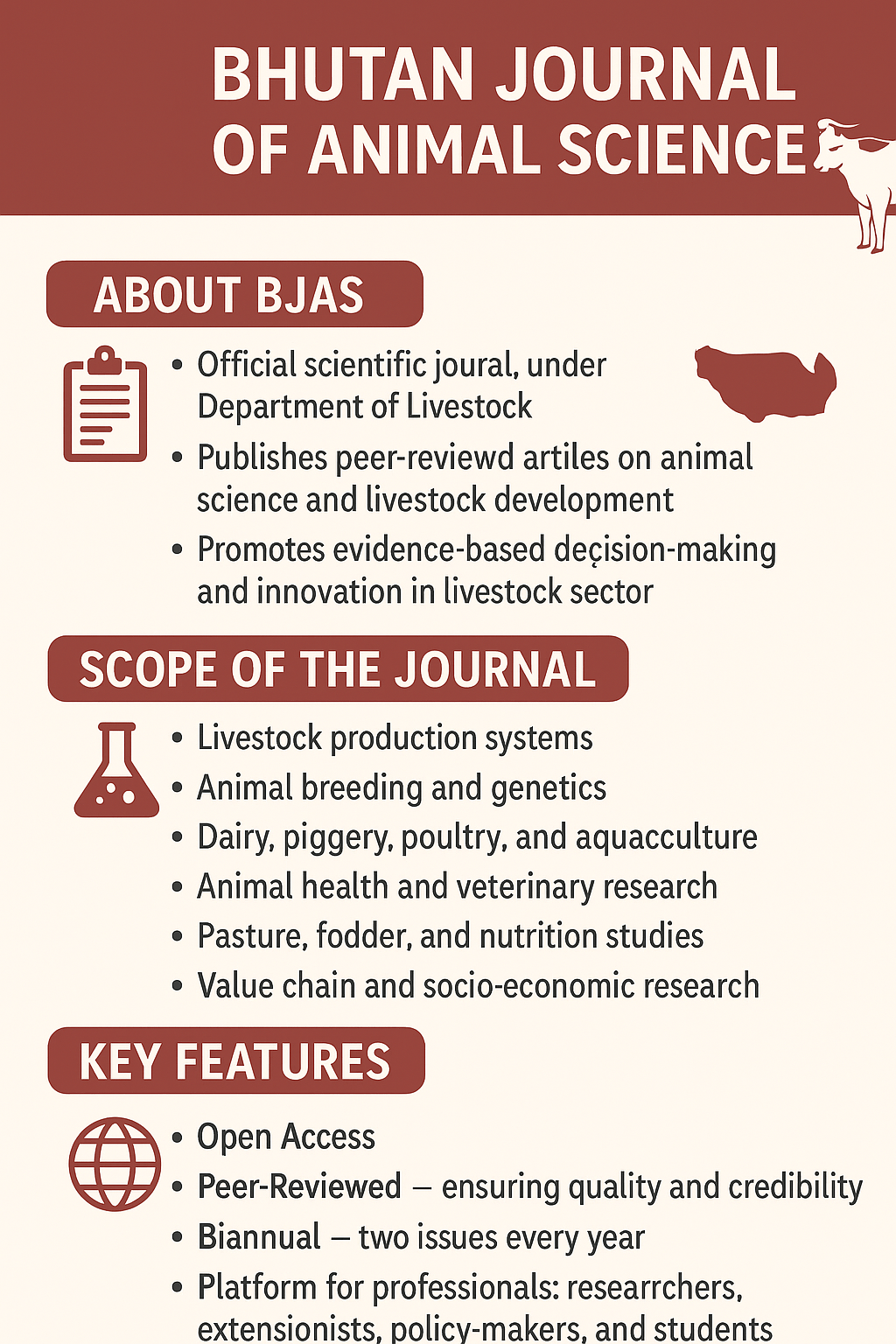The application of Bovine Sexed Semen Technology in Bhutan was initiated following an extensive research trial conducted from August 2014 to March 2018 at various government farms and centers. The trial, which covered multiple locations, demonstrated a 44.4% success rate in artificial insemination (AI), with a remarkable 89.6% female birth rate. Based on these promising results, the technology was officially launched in Bhutan on July 3, 2020, with subsequent implementation programs in the field.

As of May 2023, a total of 𝟔,𝟕𝟏𝟐 𝐀𝐈 have been performed, resulting in 𝟐,𝟐𝟖𝟒 𝐫𝐞𝐜𝐨𝐫𝐝𝐞𝐝 𝐩𝐫𝐨𝐠𝐞𝐧𝐢𝐞𝐬, consisting of 278 males and 2,006 females. The female birth rate stands at an impressive 𝟖𝟕.𝟖%. The overall AI success rate using Sexed semen technology is 𝟑𝟗.𝟐%, surpassing the national average of 37% due to implementation in the best-performing AI centers. Currently, the technology has been adopted in 72 out of 130 existing AI centers nationwide.
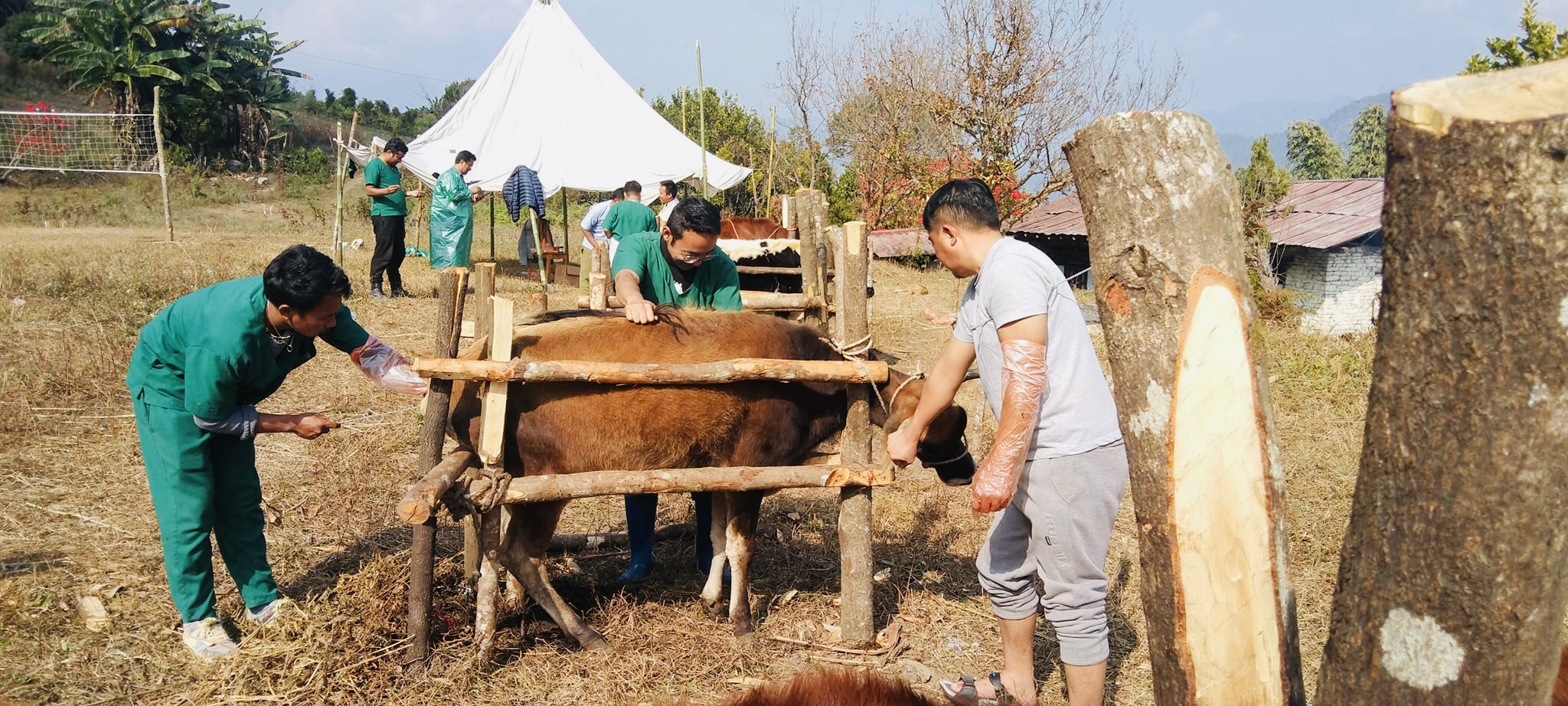
In the fiscal year 2022-2023 alone, a total of 𝟔,𝟗𝟔𝟗 artificial insemination (AI) procedures were conducted, with 2,176 utilizing sexed semen and 1,741 employing conventional semen. The AI success rate achieved with sexed semen was 32.7%, while the conventional semen yielded a success rate of 35.6%. Consequently, a total of 712 progenies were born through the utilization of sexed semen, whereas 1,741 progenies were born via conventional semen.
During the 13th Five-Year Plan (FYP), the goal is to expand the technology to 100 AI centers, based on the records of the most successful centers. This technology transfer aims to boost heifer production, leading to increased milk production and the introduction of elite dairy breeds, thereby improving the overall quality of the dairy herds in Bhutan.
![]()




